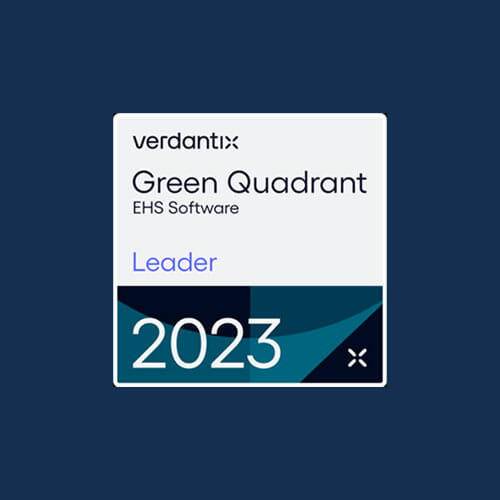In general, an organization will set goals that they hope to achieve annually, or even over a number of years. Knowing what one wants to achieve is half the battle. How to achieve these goals is the second part. Formulating action plans, adapting to meet regulatory compliance, and basically making sure that all resources, which includes people, are managed effectively all fall under the umbrella of what needs to be achieved in order for these end goals to be met. While each person has their designated role in the organizational structure, knowing how they need to interact with each other to achieve their individual objectives to meet the overarching one can be difficult. One of the ways to assist in this process, and manage an organization’s project from start to finish, is the usage of sustainability software.
Improved Resource Management Across the Board
To achieve any objective, be it increasing production in a factory or increasing supply chain demand, the people involved and the resources themselves have to be managed efficiently and according to regulatory practices. Sustainability software accurately tracks what each and every worker is doing, as well as all resources being used or produced.
For example, if production needs to be increased in an auto factory then the necessary resources will be input, if more need to be ordered this will be reflected, and if there is over-production this will also show up. Essentially, if production goals are being met, or over-exceeded creating a surplus of materials then this will all be flagged within the software. All data created both qualitative and quantitative is readily available, which means it is very easy to see if objectives are on track to be met, and if they are not and where some fine-tuning needs to occur.
Some EHS software providers even offer business solutions to help meet objectives according to the data received. As any organization is aware, sometimes an independent consultant is needed to come in with fresh eyes to come up with as yet unthought of solutions.
Staying Compliant with Sustainability Software
Maintaining organizational health both for employees and through waste management is also an important feature when achieving the larger picture. But, making sure that your organization continues to meet changing regulations can be a time-consuming process.
As regulations are released to the public some organizations will put out press releases, but these can get lost in the shuffle. If an occupational health manager institutes a new policy but the workers are not made aware of it, or continue to use old practices then accidents can occur and waste products can be disposed of incorrectly. Occupational health solutions must be part of every procedure when working to achieve objectives.
Sustainability software provides organizations with access to every new regulation instituted, and if a course of action or process in non-compliant then it will be flagged immediately for review. In some cases, solutions can even be provided by the technology for how to adapt best practices so that your organization remains in compliance.
If you want an accurate overall picture of your organization’s health in regards to compliance and resource management through an automated platform, then software is the way to achieve your objectives.











